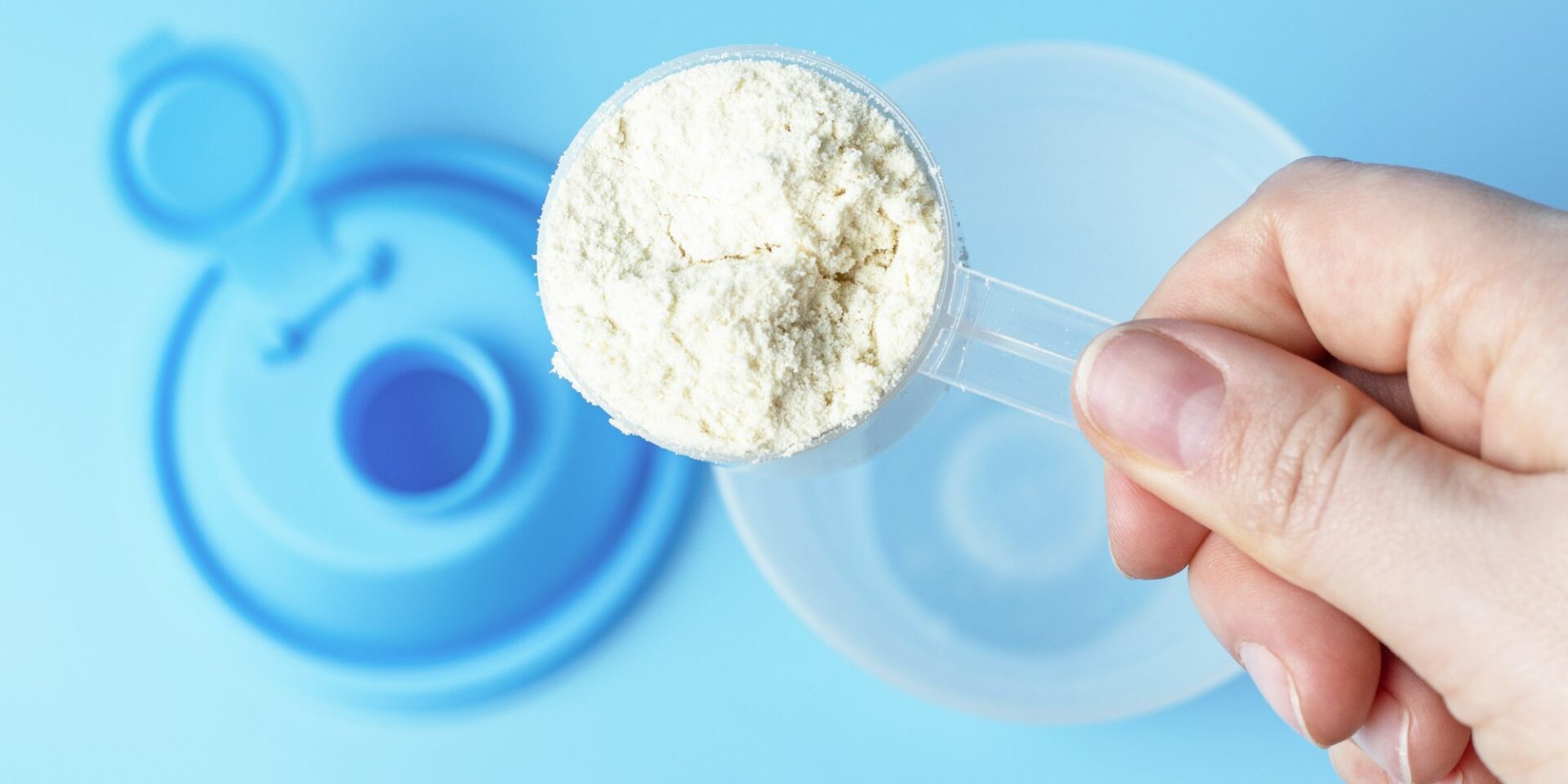When you hear the word “creatine,” images of muscle-bound athletes lifting heavy weights likely come to mind. However, creatine is far more versatile and beneficial than just a supplement for bodybuilders. It’s a powerhouse for overall health, offering advantages that extend beyond the gym.
Whether you’re an athlete, a student, or someone simply aiming to maintain a healthy lifestyle, creatine can play a pivotal role in your wellness journey. Let’s delve into why creatine deserves a spot in your functional medicine supplement plan.
What is Creatine?
Creatine is a naturally occurring compound found in small amounts in certain foods like red meat and fish, and it’s also synthesized by our bodies in the liver, kidneys, and pancreas. Primarily stored in our muscles and brain, creatine plays a crucial role in energy production, especially during high-intensity activities. By facilitating the recycling of adenosine triphosphate (ATP), the primary energy carrier in our cells, creatine ensures that our muscles and brain have the energy they need to perform optimally.
Boosts Physical Performance
One of the most celebrated benefits of creatine is its ability to enhance physical performance. It increases muscle mass, improves strength, and boosts endurance, making it a staple supplement for athletes across various disciplines—not just for those looking to bulk up. Whether you’re a weekend warrior tackling intense hiking trails or someone striving to stay active through regular workouts, creatine helps you train harder and recover faster. This means longer, more effective sessions without the prolonged soreness, helping you consistently reach your fitness goals.
Enhances Brain Function
Creatine’s benefits aren’t limited to the body; it also plays a significant role in brain health. Research has shown that creatine supplementation can improve memory and cognitive performance, particularly in older adults. A meta-analysis of clinical trials revealed that taking 2 to 5 grams of creatine daily can lead to noticeable enhancements in memory and processing speed. This makes creatine a valuable supplement for anyone looking to keep their mind sharp, whether you’re studying for exams, navigating a demanding career, or simply striving to maintain mental clarity as you age.
Fights Fatigue
In our fast-paced world, fatigue is a common battle many of us face. Creatine can be a powerful ally in combating this exhaustion. Studies indicate that a single dose of creatine can improve cognitive performance and processing speed, even after periods of sleep deprivation. This means that on those long, draining days when your energy is running low, creatine can provide the mental boost needed to stay focused and productive. It’s like having an extra reserve of mental energy to keep you going when you need it most.
Supports Overall Health
Beyond athletic performance and cognitive benefits, creatine offers a range of potential health advantages. Emerging research suggests that creatine may support healthy aging by improving muscle mass and bone density, which are crucial for maintaining mobility and reducing the risk of falls in older adults. Additionally, creatine has been linked to enhanced quality of life, with some studies pointing to its role in alleviating symptoms of depression and enhancing mood. While more research is needed to fully understand these benefits, the existing evidence is promising.
Creatine Beyond the Gym
Creatine’s versatility makes it a valuable supplement far outside the confines of the gym. Its ability to enhance both physical and mental performance means that creatine can benefit a wide range of individuals, from busy professionals needing sustained energy levels to students aiming for peak cognitive function during exams.
Real-life applications abound—think of gamers who require sharp reflexes and mental endurance, or artists and writers who need prolonged periods of creativity and focus. Creatine seamlessly integrates into various lifestyles, proving that its benefits are universally applicable.
How to Incorporate Creatine into Your Routine
Incorporating creatine into your daily regimen is straightforward. The most common form is creatine monohydrate, praised for its effectiveness and affordability. A typical dosage ranges from 3 to 5 grams per day, which can be taken with water, juice, or your favorite smoothie.
For those new to supplementation, a loading phase of 20 grams per day for the first five days can help saturate your muscles more quickly, though this is optional. It’s essential to stay hydrated while taking creatine, as it draws water into your muscle cells. Potential side effects are minimal but can include minor gastrointestinal discomfort, which can be mitigated by spreading out your dosage throughout the day.
Frequently Asked Questions
1. What are the best sources of creatine?
- Creatine can be found naturally in foods like red meat and fish. However, supplementation is often necessary to achieve optimal levels, especially for those with higher physical demands.
2. Can women benefit from creatine supplementation?
- Absolutely! Women can experience the same benefits as men, including improved muscle performance, enhanced cognitive function, and reduced fatigue.
3. Is creatine safe for long-term use?
- Yes, numerous studies have shown that creatine is safe for long-term use when taken as recommended. It’s always best to consult with a healthcare professional before starting any new supplement regimen.
4. How quickly can I see results from taking creatine?
- Some individuals may notice improvements in strength and energy within a week, especially if following a loading phase. Cognitive benefits may take a little longer to become evident.
5. Can creatine be combined with other supplements?
- Yes, creatine can be safely combined with other supplements such as protein powders, BCAAs, and multivitamins to support overall health and performance goals.
Subscribe to Updates
Get the latest posts delivered to your inbox.





